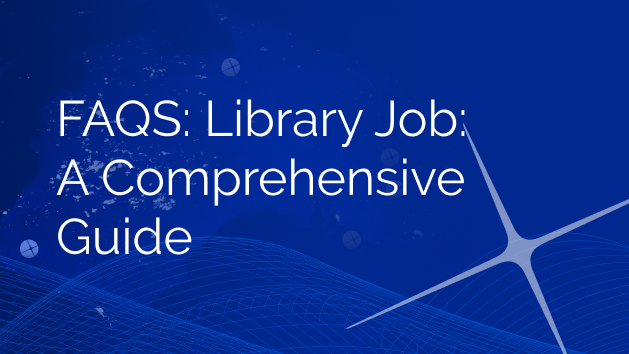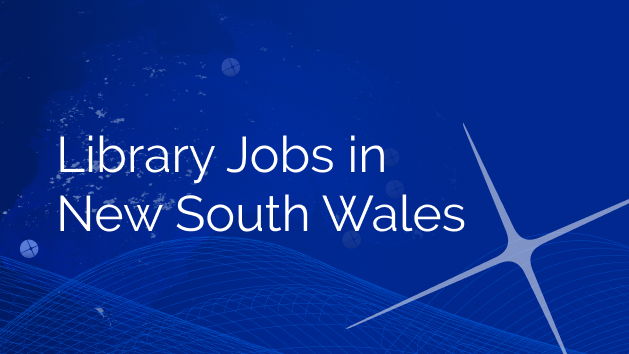Brisbane City Library Jobs: Your Gateway to a Fulfilling Career in the Heart of Australia
Are you passionate about books, community service, and wish to be a part of Brisbane's thriving cultural scene? Brisbane City Library jobs offer a unique opportunity to engage with the community, support educational initiatives, and contribute to the intellectual growth of Queensland's capital. Whether you are a local resident or considering relocation, Brisbane City Library roles promise a dynamic and rewarding career path. Unveiling the Opportunities: What Brisbane City Library Jobs Offer Brisbane City Library is more than just a repository of books; it's a vibrant hub of learning, creativity, and community engagement. The library provides a plethora of services, including access to a vast collection of resources, community programs, digital learning, and cultural events. By pursuing a career at Brisbane City Library, you embark on a journey to empower, educate, and entertain the community. Diverse Roles and Responsibilities Jobs at Brisbane City Library span a variety of roles and responsibilities, catering to different skill sets and career interests. Positions range from front-line customer service to specialized roles in information management, digital services, community engagement, and program coordination. Whether you're a librarian, a digital content curator, or a community program manager, Brisbane City Library offers a platform to excel in your chosen field. A Supportive Work Environment Brisbane City Library is known for its inclusive and supportive work culture. The organization values diversity, encourages professional development, and fosters a collaborative environment where every team member's contribution is valued. Employees have access to training programs, career advancement opportunities, and a network of supportive colleagues, ensuring a fulfilling and progressive career journey. Making an Impact in the Community Working at Brisbane City Library is not just a job; it's a chance to make a meaningful impact in the community. Through various programs, events, and services, library staff play a crucial role in promoting literacy, lifelong learning, and cultural enrichment. By joining Brisbane City Library, you become an integral part of Brisbane's mission to nurture an informed, educated, and connected community. Embarking on Your Brisbane City Library Career Journey Pursuing a career with Brisbane City Library starts with understanding the recruitment process and requirements. Positions are advertised through the Brisbane City Council's official job portal, where you can find detailed information about current vacancies, job descriptions, and application procedures. Tailoring Your Application To stand out in the competitive job market, it's essential to tailor your application to the specific role you're applying for at Brisbane City Library. Highlight relevant experience, showcase your skills, and demonstrate your passion for community service and the library's mission. A well-crafted resume and cover letter can significantly enhance your chances of securing an interview. Preparing for the Interview If your application catches the eye of the hiring team, the next step is the interview. Preparation is key to success; research the library's services, programs, and strategic goals. Be ready to discuss your experience, how it aligns with the position, and how you can contribute to the library's objectives. Remember, the interview is also an opportunity for you to assess whether the role aligns with your career aspirations and values. Ignite Your Career with Ignite While the journey to securing a Brisbane City Library job can be challenging, partnering with the right recruitment agency can streamline the process. Ignite is the recruitment agency of choice for job seekers looking for library roles and businesses seeking top talent. With extensive experience in the Australian job market and a deep understanding of the library sector, Ignite offers personalized support, industry insights, and access to a wide range of opportunities. Whether you're a seasoned professional or a recent graduate, Ignite's team of experts is dedicated to helping you navigate the job market, refine your application, and prepare for interviews. By collaborating with Ignite, you gain a trusted partner committed to your career success. A Future Filled with Possibilities Brisbane City Library jobs offer a pathway to a rewarding and impactful career in one of Australia's most vibrant cultural institutions. With diverse roles, a supportive work environment, and the chance to make a difference in the community, the opportunities are boundless. If you're ready to embark on this exciting career journey, remember that Ignite is here to support you every step of the way, connecting job seekers with their dream roles and businesses with exceptional talent. Join the community of professionals who have found their calling in Brisbane's libraries. With Ignite, your career aspirations can turn into reality. Explore Brisbane City Library jobs today and take the first step toward a fulfilling and purposeful career in the heart of Australia.
Read More




